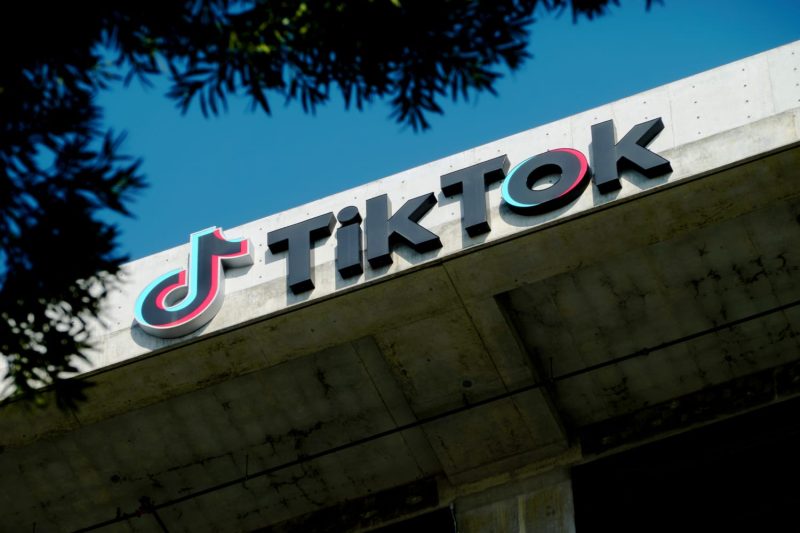The rapid evolution of technology has not only revolutionized the way we live and communicate but has also brought forth a plethora of ethical dilemmas and challenges. In a recent incident, TikTok’s parent company, ByteDance, made headlines for dismissing an intern who allegedly interfered with its AI technology in a malicious manner. This incident sheds light on the delicate balance between ethical conduct, innovation, and the responsibility that comes with wielding advanced technology.
The intern in question reportedly accessed proprietary AI algorithms without authorization and made alterations that could have had detrimental effects on the platform’s operations. ByteDance responded swiftly by terminating the intern’s employment and reinforcing its commitment to upholding the integrity of its technology infrastructure.
The ramifications of such actions extend beyond the individual involved, raising broader questions about the ethical use of AI technology. As AI becomes increasingly integrated into various aspects of our lives, from social media platforms to autonomous vehicles, the need for stringent ethical guidelines and oversight becomes more critical than ever.
While innovations in AI hold immense potential for enhancing efficiency, decision-making, and user experiences, they also introduce new vulnerabilities and risks. Unauthorized access to AI algorithms, as demonstrated in this case, can compromise data security, erode trust in technological systems, and have far-reaching consequences for individuals and businesses alike.
ByteDance’s decision to dismiss the intern serves as a stark reminder of the responsibilities that come with working in the tech industry. Companies must not only foster a culture of ethical behavior and compliance but also implement robust security measures to safeguard their technology assets from malicious actors.
Moreover, incidents like this underscore the importance of ongoing education and awareness around ethical considerations in AI development and deployment. It is imperative for tech professionals to prioritize ethical standards, transparency, and accountability in their work to build trust and ensure the sustainable advancement of AI technologies.
As the digital landscape continues to evolve at a rapid pace, the ethical challenges associated with AI will remain at the forefront of discussions within the tech industry and society at large. Instances such as the dismissal of the intern at ByteDance serve as cautionary tales, highlighting the need for vigilance, integrity, and a shared commitment to ethical innovation in the age of AI.




























